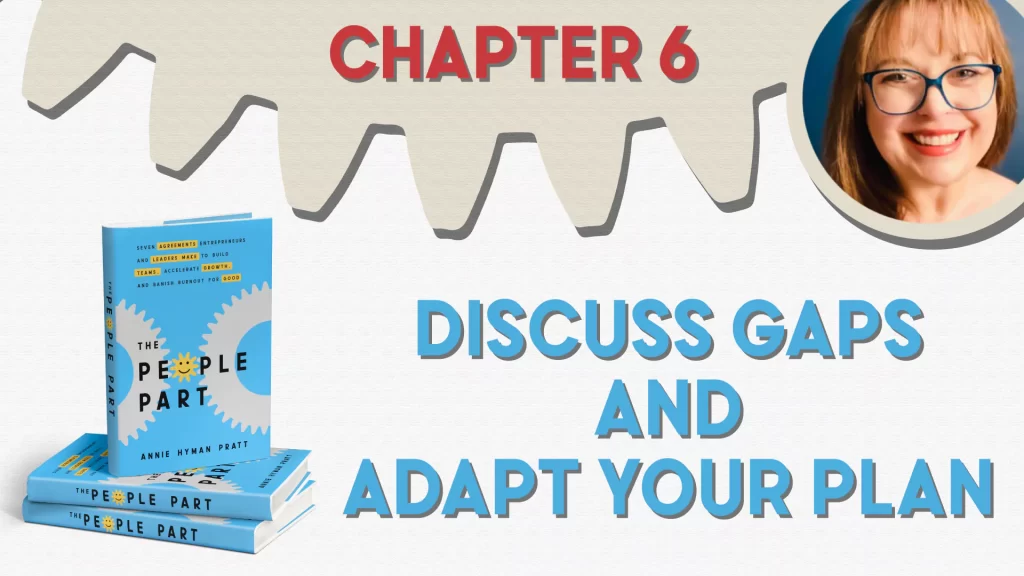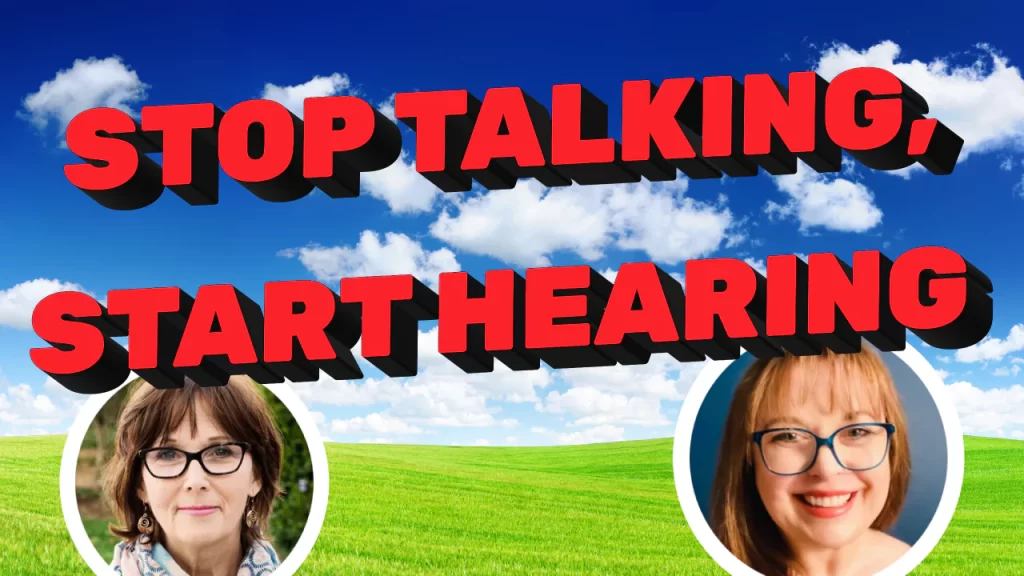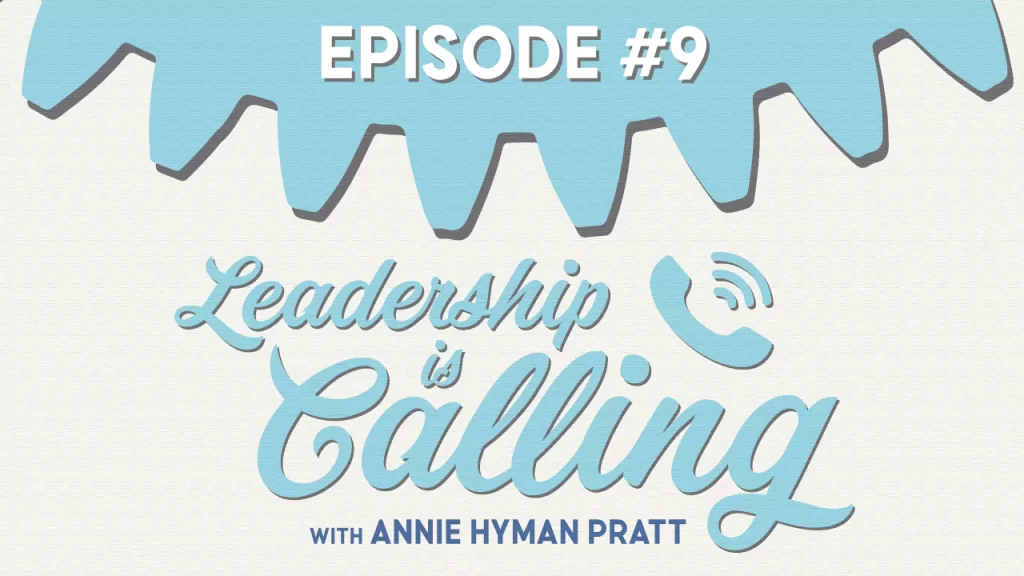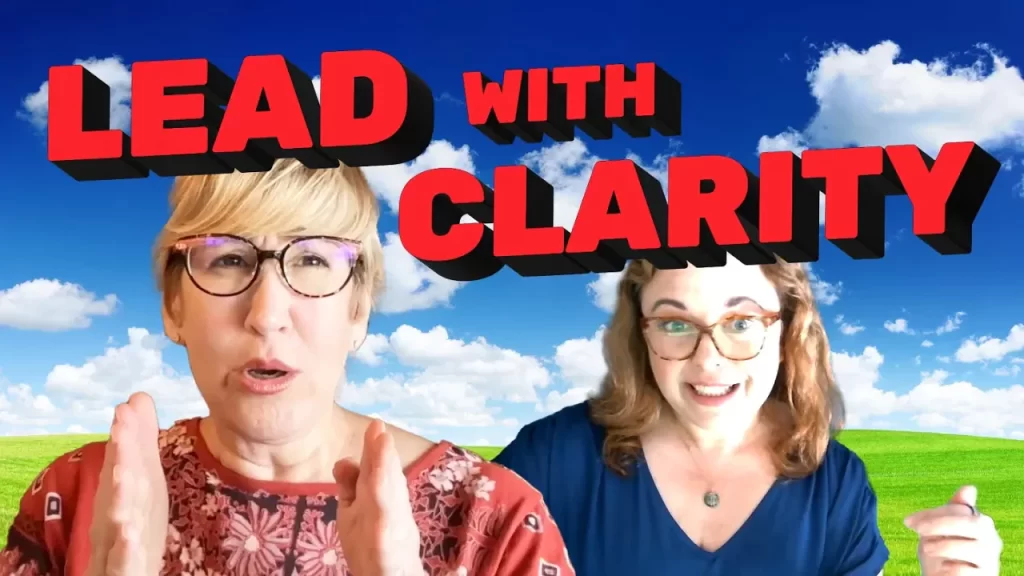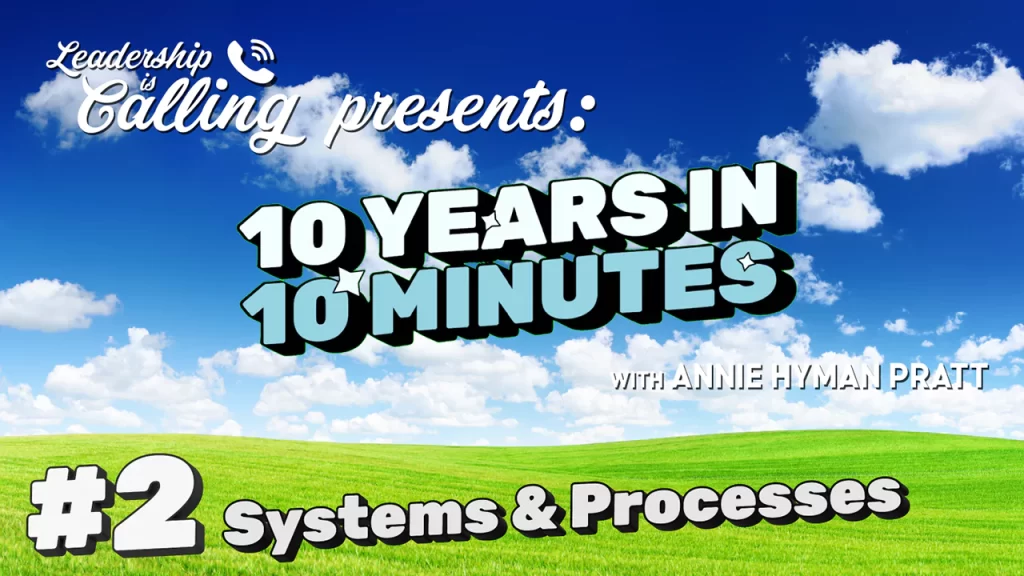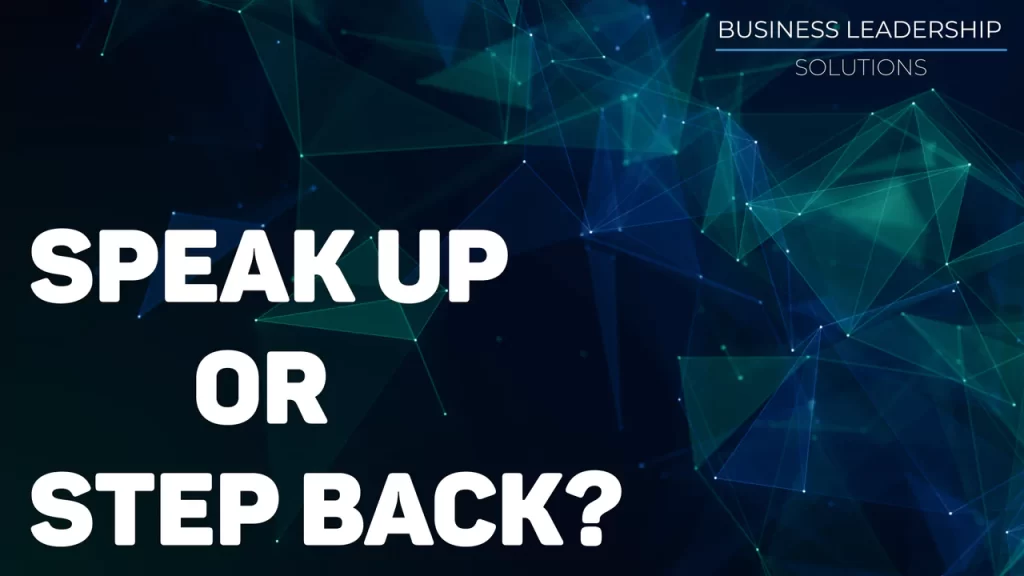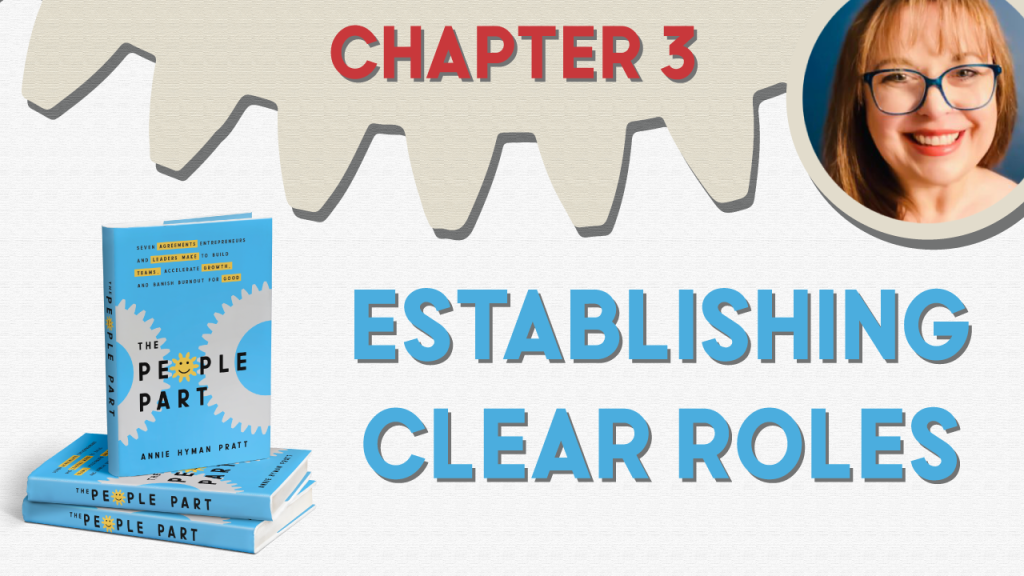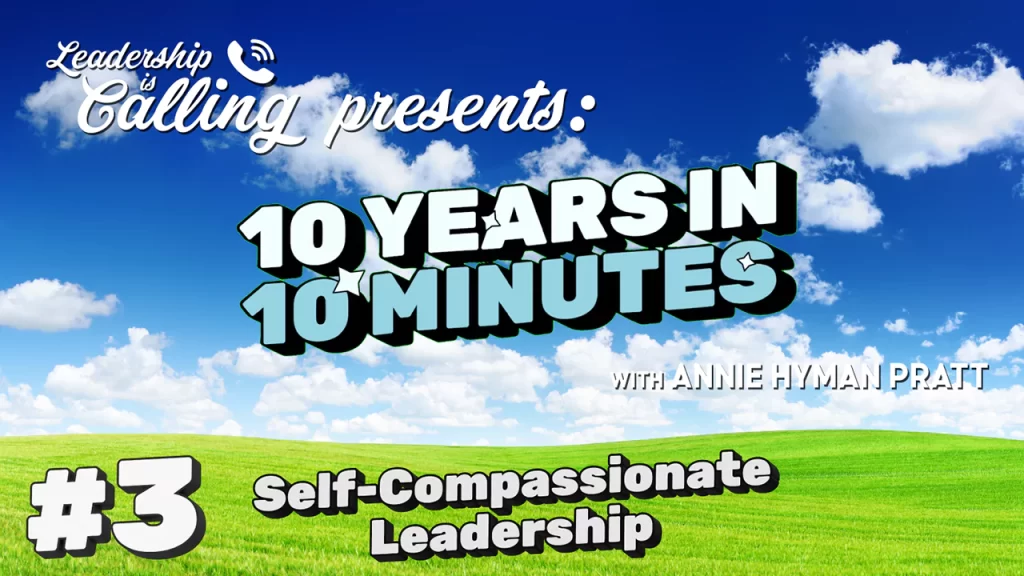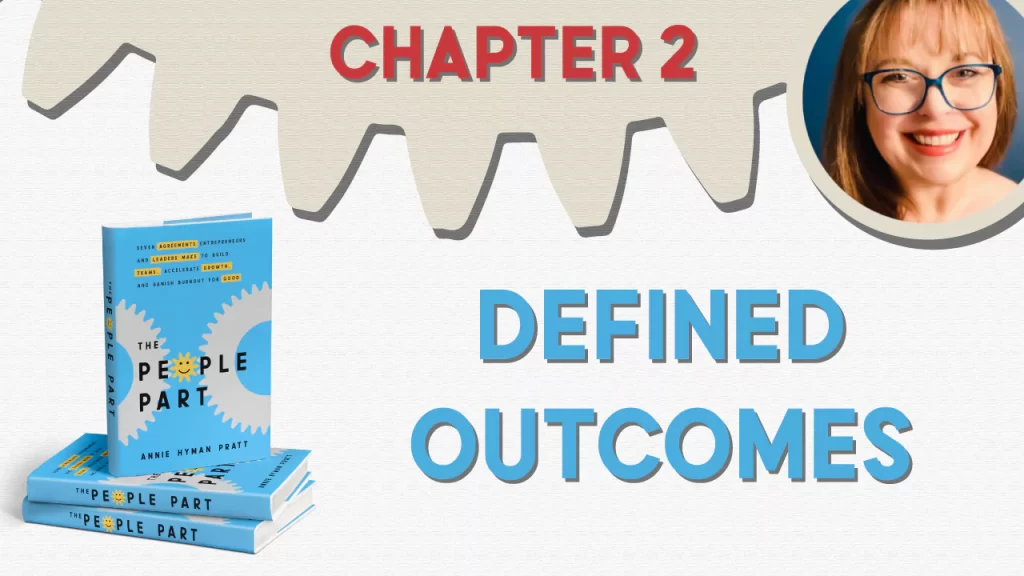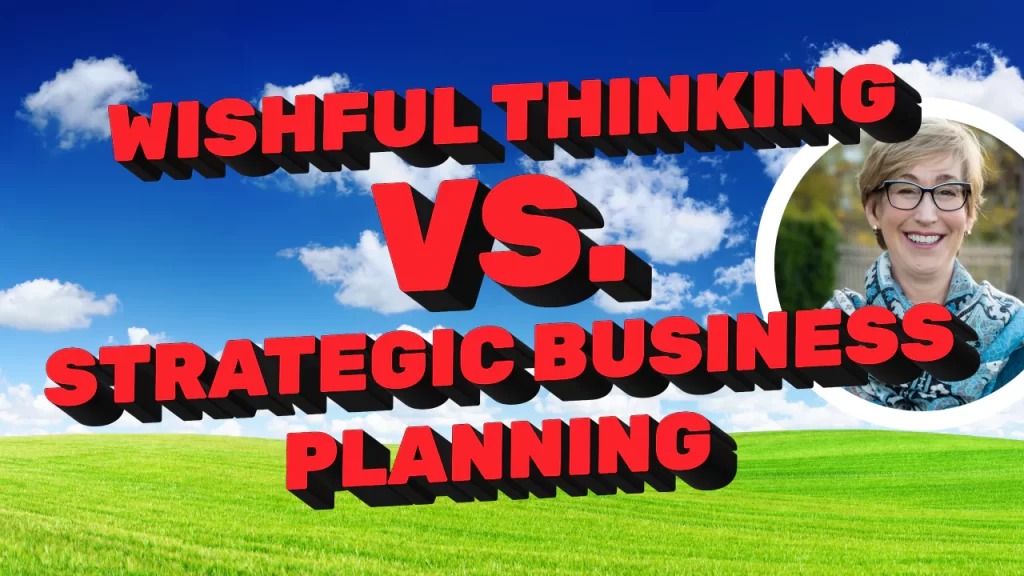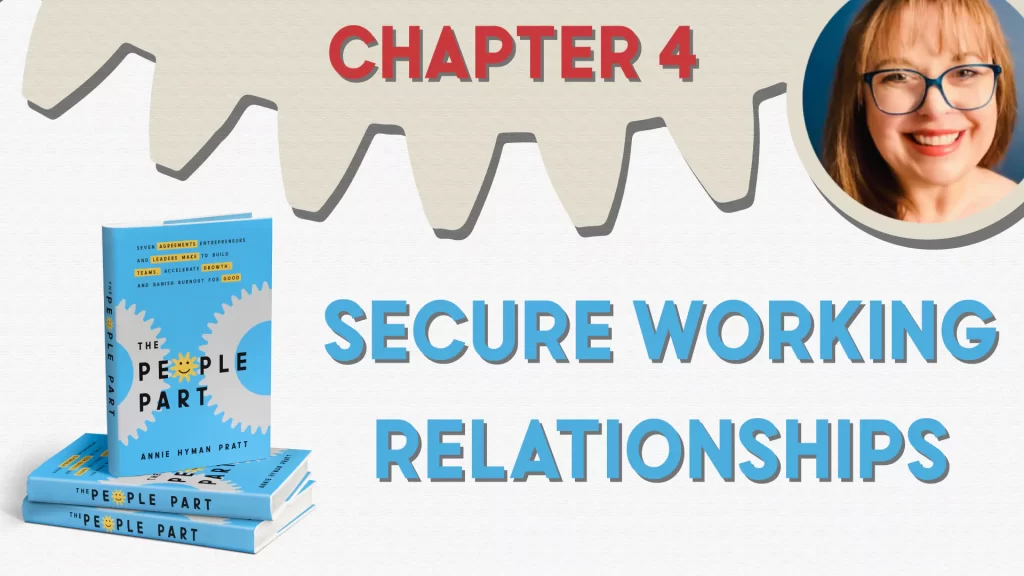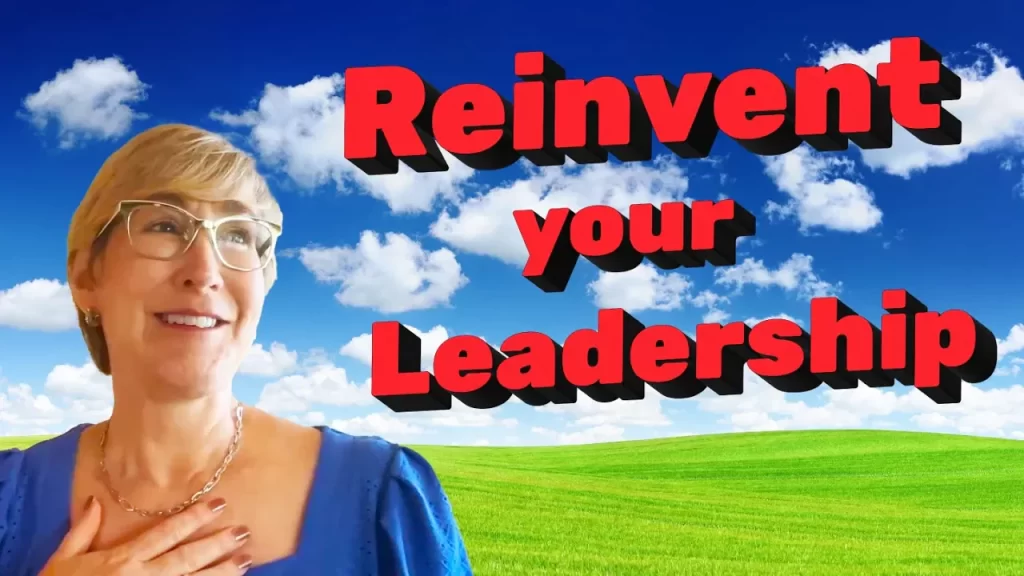Episode #39: Appreciating Your Team: The Simple Act That Can Make a Big Impact
Leadership is Calling Episode #39
Barbara Schindler and Heather McGonigal
- Description
- Transcript
Appreciating Your Team: The Simple Act That Can Make a Big Impact
“If you want a team that’s engaged and gives their best, appreciation is the key.” – Barbara
In this insightful conversation, we explore the transformative impact of specific appreciation on team engagement, culture, and results. Learn how to acknowledge your team’s efforts, foster a culture of gratitude, and unleash the potential of your team members.
At any level of leadership, taking time to appreciate your team is key for culture, engagement & results. Learn an easy formula for effective appreciation:
- Be specific about contributions
- Note the positive impacts
- Show you understand if choices created extra work
Key Points
- Discover the formula for effective appreciation
- Understand the impact of appreciation on team morale and engagement
- Learn how to give specific and meaningful appreciation
- Implement appreciation practices to build a thriving team
- Appreciation acknowledge impacts on people and melts away frustration
- Specific appreciation gets buy-in and re-engages people
- Appreciation is the #1 culture builder – it uplifts and excites
- Anyone at any level can appreciate others on their team
Related Resources
Leadership Skills: Compassionate Leadership
Leadership Development Articles: True Collaboration: The Best Results Are Team Driven | COMPASSION—Essential Key for Today’s Entrepreneurial Leaders
Downloadable Leadership Tool: The 5-Day Appreciation Journal: A Culture of Caring

Auto-Generated Transcript – unedited version
Appreciating Your Team: The Simple Act That Can Make a Big Impact
Hey, Heather. You know, I was just thinking as we were going to hop on and chat today together, that, you know, it’s the season of gratitude. As you know, we’re coming to the time of the closing of the year. You know what comes to people’s minds often is like, how did that go? Like, how are things going and how has this year been? And you know, something that we often kind of go to is like what didn’t work or what we’re still worried about or what we think we still have to complete before the end of the year.
But kind of coming back to that season of gratitude. You know, it just opens ourselves up much more to appreciation. And, you know, that is something I think we need to be more mindful as business leaders together to not only for, you know, appreciating ourselves first and then also appreciating others. Right? That, you know, business leaders work in teams. That’s how we get things done. So what are you thinking about that these days?
Well, I love what we teach in our training and programs about appreciation. And we have a little formula, a little script for how to tend to think about and do appreciation. And I love that because I do think everyone can benefit by being more intentional in how you appreciate and in our formula, you know, it gets specific. It has you really acknowledge not you don’t have to acknowledge everything but taking one really good thing that had a positive impact on you or the company or a launch or you know from what that person was doing. And when we make it really specific of that and the positive impact that it had, you know, I think it goes a long way to helping your team feel seen for their contribution.
And not only does it lift everybody’s spirits in that moment, but it also goes a long way to having everyone feel great about being a part of your team. So, you know, I know we don’t like to talk about culture. Culture is a big buzzword. People want the best culture and they have, you know, a lot. I think some people think about that in the wrong way. But appreciation, I think of you as your number one culture builder to build culture.
Yeah, no, because that feels great. But what exactly are you appreciating me for? It’s nice. It’s not not saying don’t do that. That’s also a very nice habit to have right. But you know, when I think of our formula of appreciation and getting specific, I always remember this one story from when I was first working here in the company and we had a big live event and we had this workbook for the live events and because of last minute changes and tight timelines, we got to the event with a booklet that didn’t have page numbers.
It wasn’t put in any order because the pages were printed out last minute and myself and another teammate had to sit in this room in the hotel and write page numbers by hand in all of these workbooks in time for our event the next morning. And, you know, it was hard. It was annoying. You know, like as a team member, you could think like, it didn’t have to be this way. We could have had the materials in advance and not been in this position.
So yeah. And so it made a really big difference. It was myself and another teammate and our CEO came into the hotel room where we were the night before doing this task, and she really said, “My goodness, thank you for sitting here and handwriting all these page numbers. And also I recognized that the last minute changes that I made put you in this current position. I’m sorry for that impact. And I so appreciate you all sitting here and writing these numbers in hand,” you know, by by hand and, you know, if my teammate and I felt any frustration for me and I could see it in them, it melted away in that moment because what we were doing was seen and also the impact that was understood.
So there was hope that in the future it will go differently. Because when you can see the impact on a team, then you do make different choices. And also now we had a whole different energy to getting these numbers done right. And so specific appreciation and acknowledgment and maybe sometimes you’re not in a situation where you’re literally can come in the room and see what people are doing, especially with remote teams where we can’t just walk down the hall and go into their office and, you know, so you have to be even more deliberate and intentional. I think these are words, Barbara, we’re finding come up a lot – the deliberate and intentional being more mindful. Mindful, you know. Mindful of the impact.
Right. And part of the appreciation. And that’s such a great example of the formula of a really good appreciation, you know, conversation goes. I love that example. And, yeah, that it’s. We’re talking about being mindful of the impact we’re having. And so even in how we want to deliver appreciation being that direct and so forth and even I think what I’m hearing you like, even if you don’t know fully what that impact is, it’s super valuable to take that moment and imagine and be like, I imagine this might have taken you a lot longer than you thought you would have been finished earlier this evening. Right. And even if you don’t kind of imagine it. Right, that effort to imagine to to think for a moment, how is this impacting this person or this team is valuable. So it’s like you don’t have to get it right.
Yeah, going for instead of the automatic one that your emotions drive you to without thinking. Right. Yeah. And the other thing is, I know another buzz word are things people want in business is buy in – that concept of buy in. Now that story that I told and the CEO coming and apologizing and also showering us with a little appreciation – that gave me like that gets you the buy in. I would say that wasn’t her intention, but that’s why I want people to know appreciation is the number one culture builder, because when something that had a big impact on my time, my work load, you know, myself personally, like happened be, you know, and then it’s actually seen and appreciated.
Now I’m all I’m all back in. I’m all back in the team for doing whatever it takes because doing whatever it takes is seen and it matters now. If I have impacts like that and nobody ever says a specific appreciation for doing what it took, then I’m just going to go like maybe next time I just won’t save the day, you know, like I don’t I’m not going to give X, Y, Z if nobody really sees her cares. So I don’t like the buzz word of buy in, but it’s like that’s what it’s because there’s this other thinking around it.
If you really want a team that’s engaged, that shows up and challenges itself, that gives their best gifts, that goes that extra mile along with you to get the goals, acknowledgment and appreciation is the way – it is the key. And if you just do it to generally thank everybody, that is not the same. It doesn’t move the needle as it’s like you don’t really understand what that person gives or they don’t have the experience of being really seen or understood.
And as we yeah. Yeah. Yeah. So in this season of appreciation and reflection at end of the year, I think that the message we want to give is no matter your position in the organization, you work with other people, even if you’re in an earlier stage entrepreneurial business and it’s only you and one other person, it can be so powerful to really reflect and take the time to acknowledge and appreciate others. And that is like going to add so much good feeling to what we’ve gone through in the year. And it also sets up like, you know, excitement for what else is possible in the year ahead.
And I guess the point I want to make is you may think, well, I’m not the CEO or I’m not this person, so I’m not going to, you know, that’s this person’s role. No. Everybody in a team, we can, we can acknowledge and appreciate because we interact with one another and you know, we maybe know a little more about what it takes because we interact with this team member all day, every day, and other people are more removed. So we can give a really specific appreciation, like to the team member that sat next to me writing the numbers.
I’m the one in that seat. Like, wow. Can I acknowledge them and appreciate them for being here with me and always going that extra mile and that I know that without them, you know, I couldn’t be as successful as I am now.
Yeah. And we know for every business it takes a team. So tap into this acknowledgment and appreciation, practice it and let us know how it goes. Barbara and I would love to know how it goes for you and celebrate your applying this tool and notice what’s different and what’s changed and notice how your team responds. All right. So thank you for your time and attention and practice. Go out there and spread some good cheer and appreciation and we’ll see you again soon!

